How To Fight Psoriasis By Maintaining A Healthy Diet
Psoriasis is a condition characterized by dry, itchy skin patches that occur when skin cells build up rapidly on the skin’s surface. The extra cells are caused by an accelerated life cycle of skin cells: new skin cells appear before old ones can be removed. When excess skin cells pile up on the skin, it causes scales and red patches that are sometimes itchy and painful. Here are some tips for using diet to slow down the rate at which skin cells grow.
What Is Psoriasis?
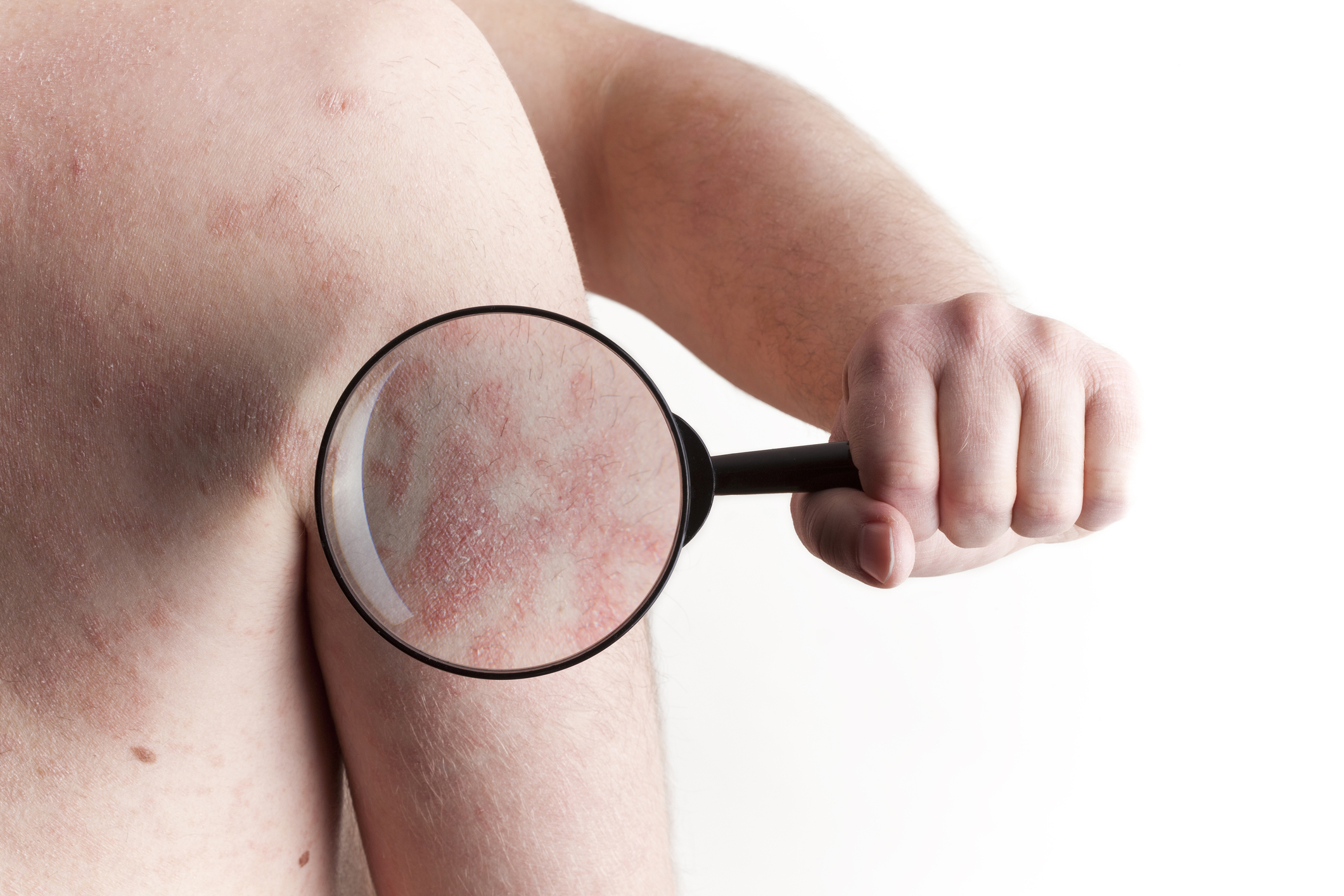
Before using diet to get rid of psoriasis, it is important to understand how psoriasis develops. Psoriasis is an autoimmune disorder, meaning that it occurs when the immune system mistakes healthy cells for being foreign invaders and attacks them. Autoimmune conditions develop as a result of an inflammatory response to stimuli. Because the immune system is preoccupied with attacking its own tissues and cells, it cannot adequately fend off pathogens that cause infections and other illnesses.
Getting Rid Of Inflammatory Foods
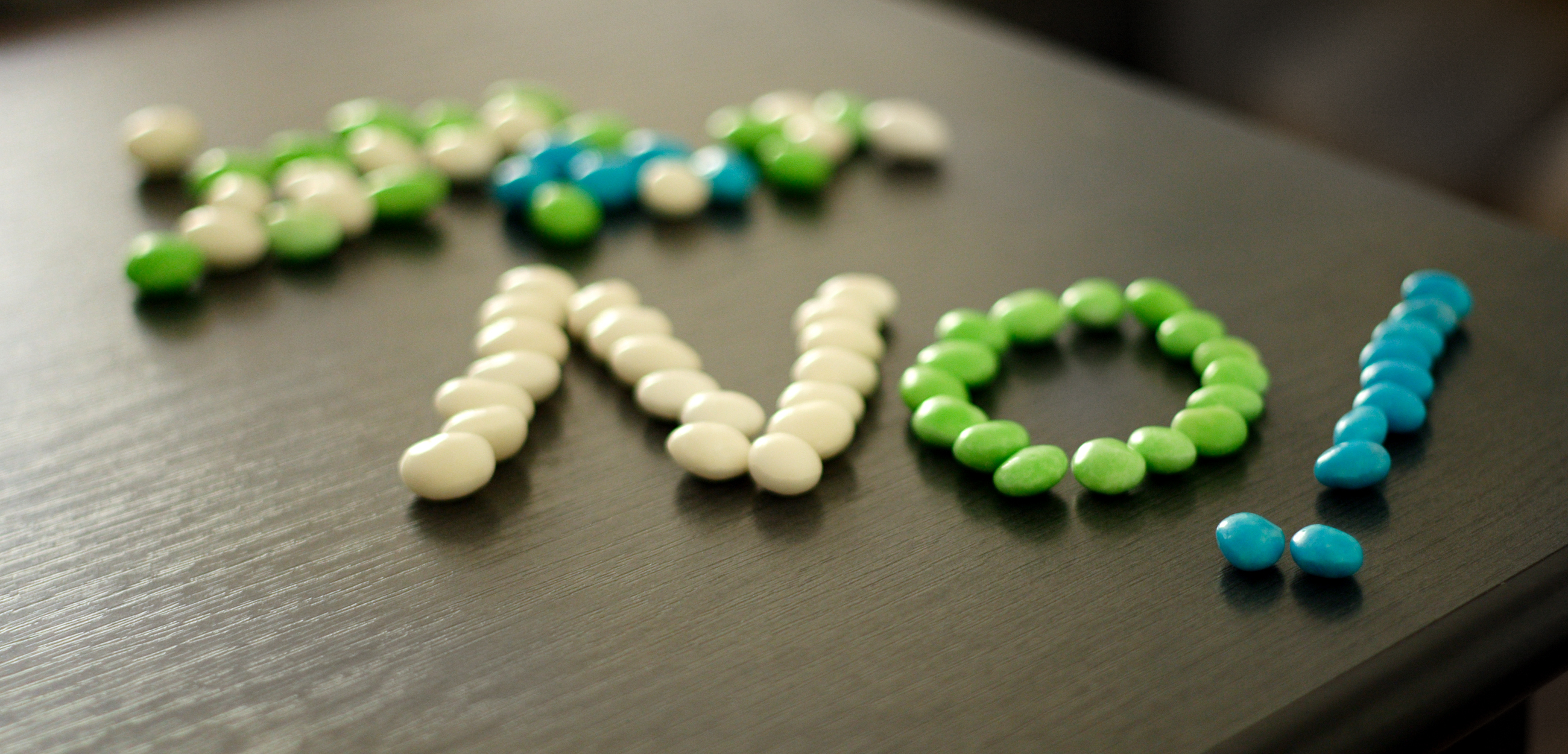
The first step to correcting an autoimmune condition is to get rid of inflammatory foods, which cause chronic inflammation in the body. Foods that are high in refined sugars and carbohydrates are first offenders. They increase the inflammatory response by causing irritation to tissues. Psoriasis occurs when the immune system attacks the skin. Other inflammatory foods to avoid include soda, candy, sweets, gluten, dairy, hydrogenated vegetable oils, artificial sweeteners and additives, and soy products.
Be Mindful Of Hidden Sugars
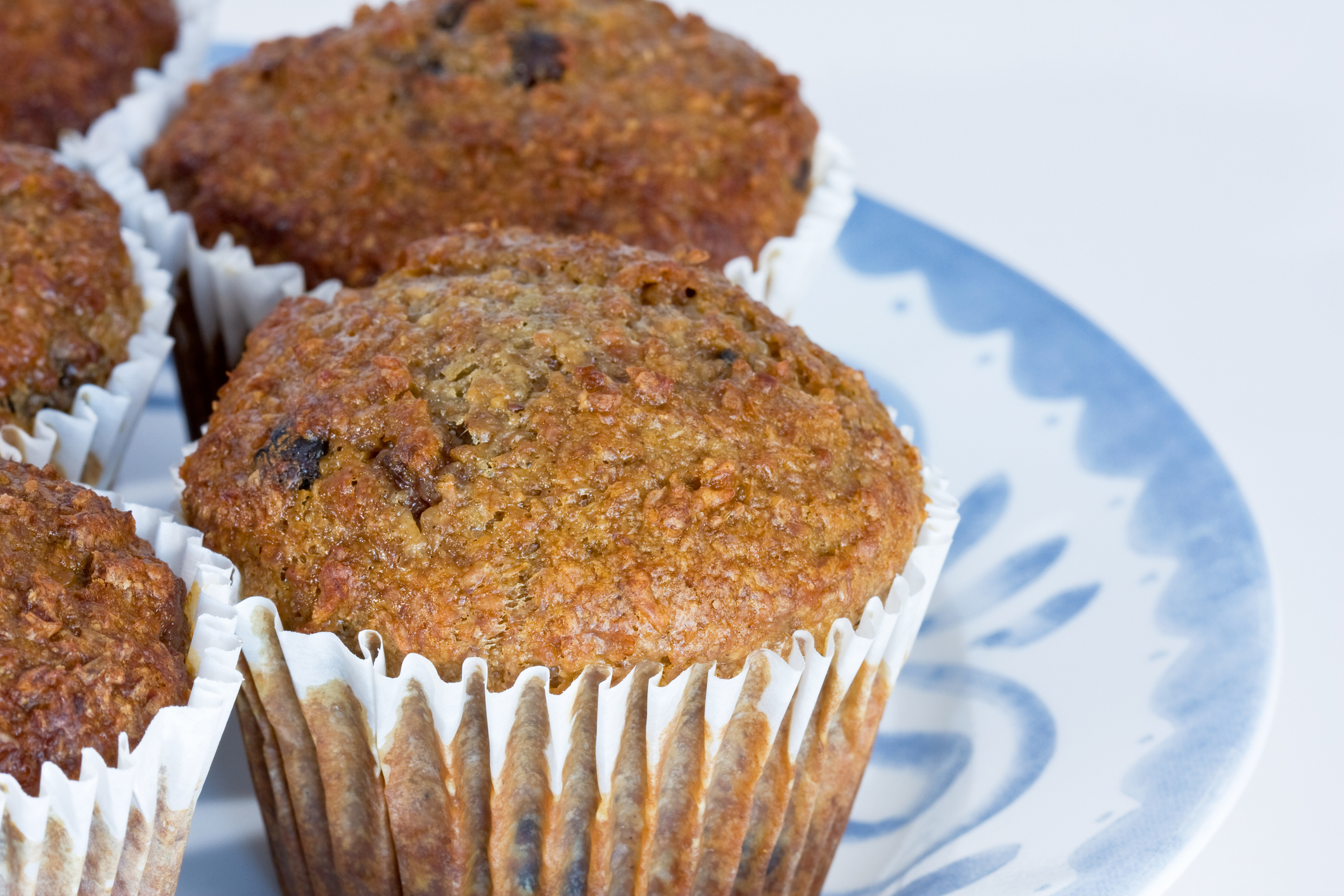
Refined sugar hides in lots of places, including soda, condiments, and many so-called 'healthy' packaged foods, such as deli meats, muffins, cereals, and granola bars. Always read labels to check for hidden sugars, which may appear in the form of evaporated cane juice, brown rice syrup, dextrose, fructose, maltose, lactose, and sucrose. A good rule of thumb is to avoid packaged foods altogether and shop in the produce aisle where food is less likely to contain hidden sugar.
Be Picky About Gluten
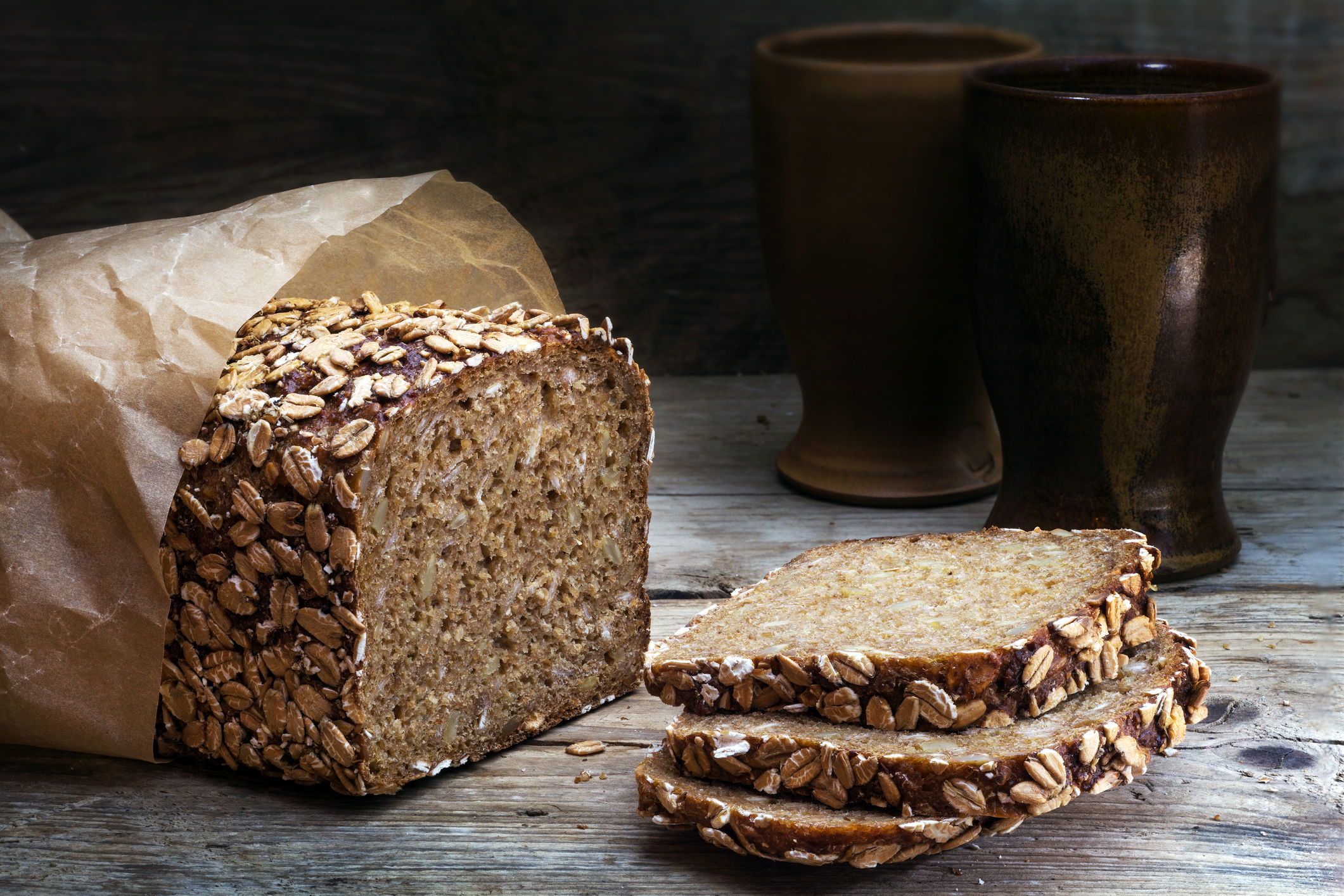
Gluten is a highly inflammatory food that many people choose to remove from their diet. While not all gluten is bad, the highly processed forms should be avoided, such as refined white flour. Aim for sprouted whole grains instead, which are less likely to cause an inflammatory response. Look for sprouted brown rice, sprouted whole wheat bread, and sprouted nuts as they are easier on the digestive system and contain a larger amount of healing nutrients.
Lay Off The Dairy
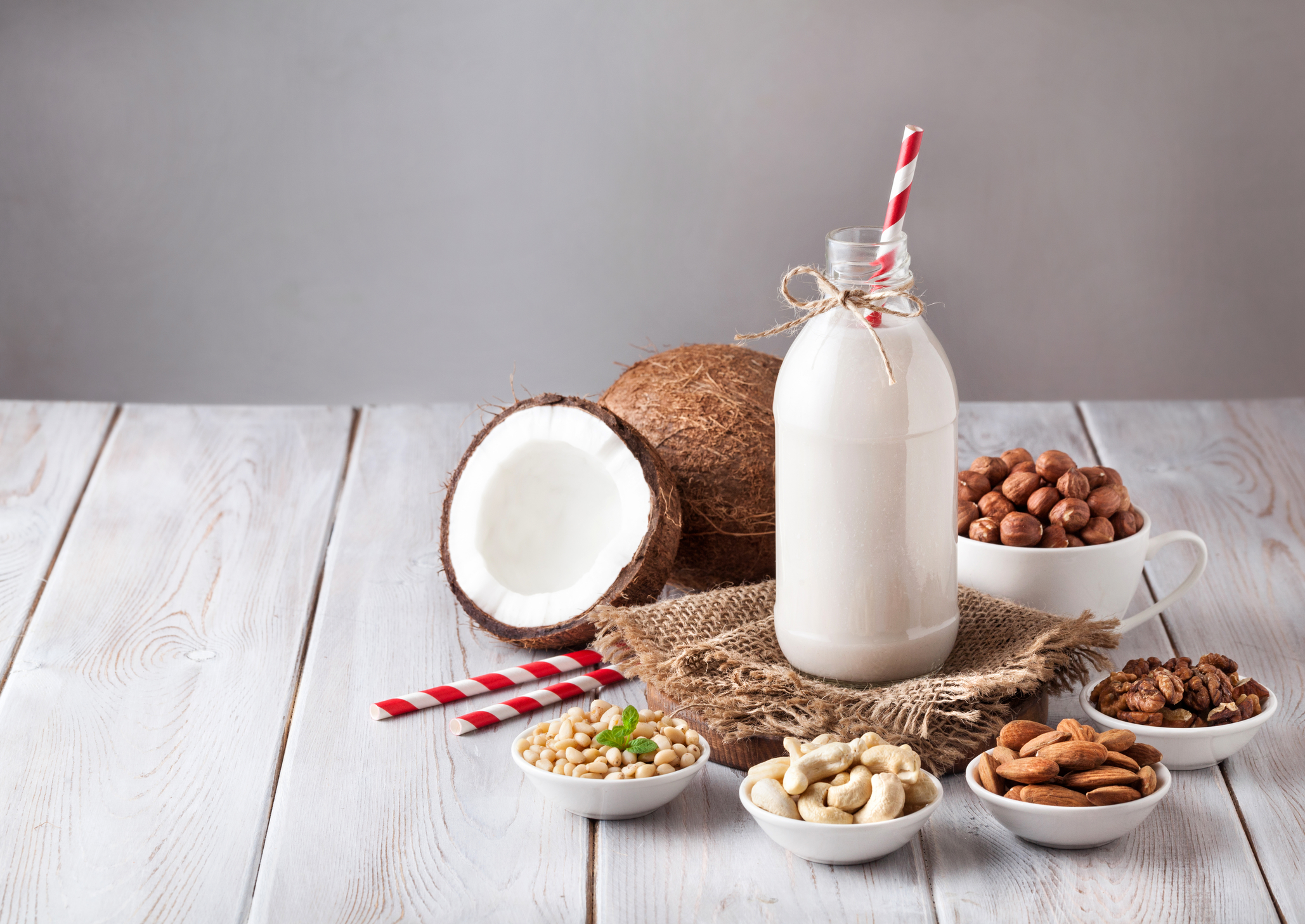
Dairy is another highly inflammatory food and has been directly linked to many skin disorders. In place of cow’s milk, opt for unsweetened coconut, hemp, or almond milk. Green yogurt is low in sugar and lactose, making it an excellent option for those who are usually sensitive to regular cow’s milk yogurt. Avoid cheese by choosing other toppings for sandwiches, pizza, or pasta dishes, such as more vegetables, tomato sauce, guacamole, or hummus. Or try cashew cream cheese instead.
Choose Protein Wisely
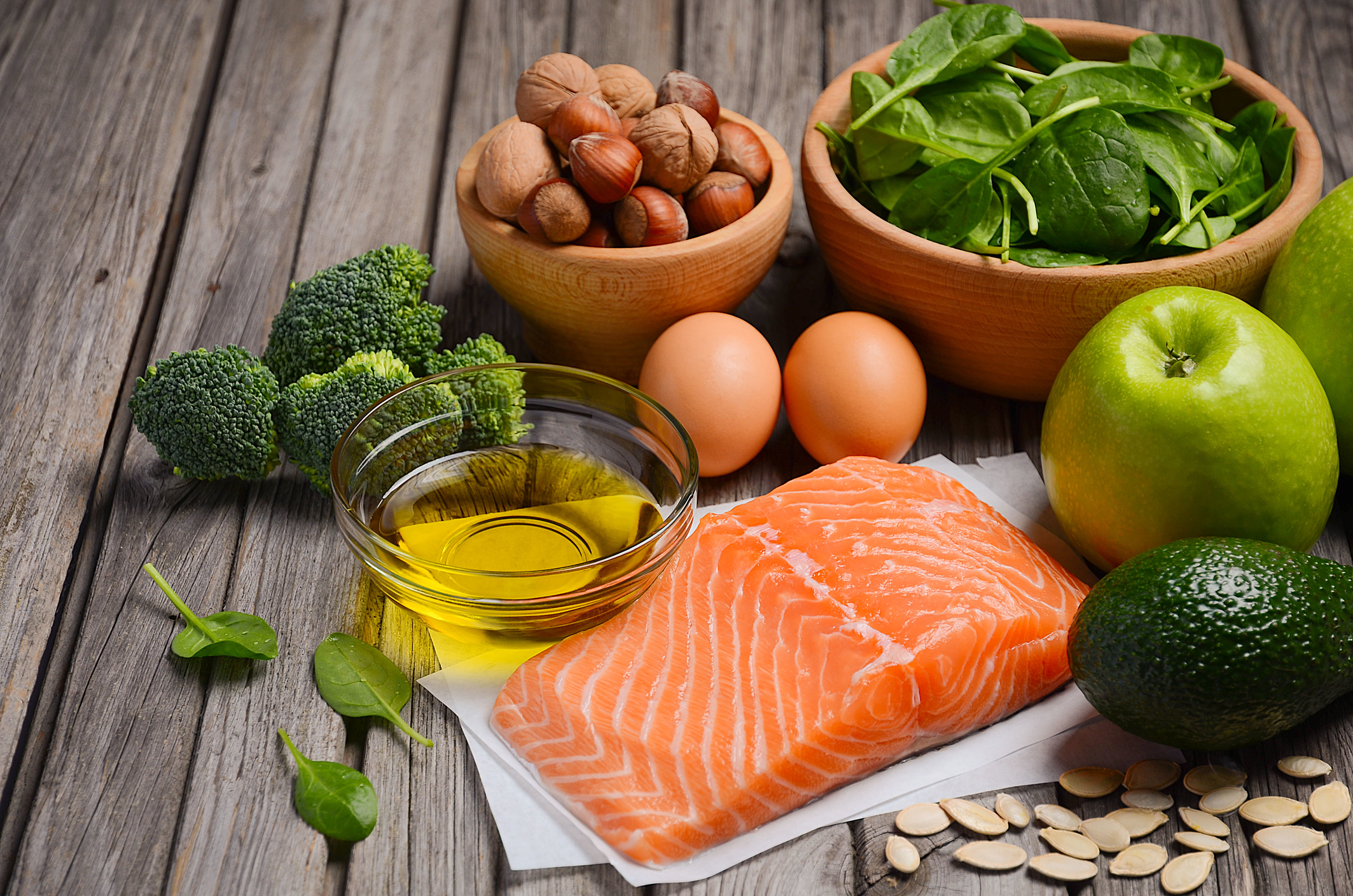
Be sure to choose protein sources wisely. Red meats and other fatty meats may cause skin problems. Opt for pasture-raised eggs, antibiotic-free poultry, and wild-caught fish in place of farmed fish. Grass-fed beef is lower in trans fat and higher in omega fatty acids, which are anti-inflammatory substances and should not irritate the skin. Choosing plant-based proteins, such as beans and sprouted grains and nuts, are beneficial because plants contain antioxidants and fibre to flush toxins out of the body.
Focus On Fresh Fruits And Vegetables
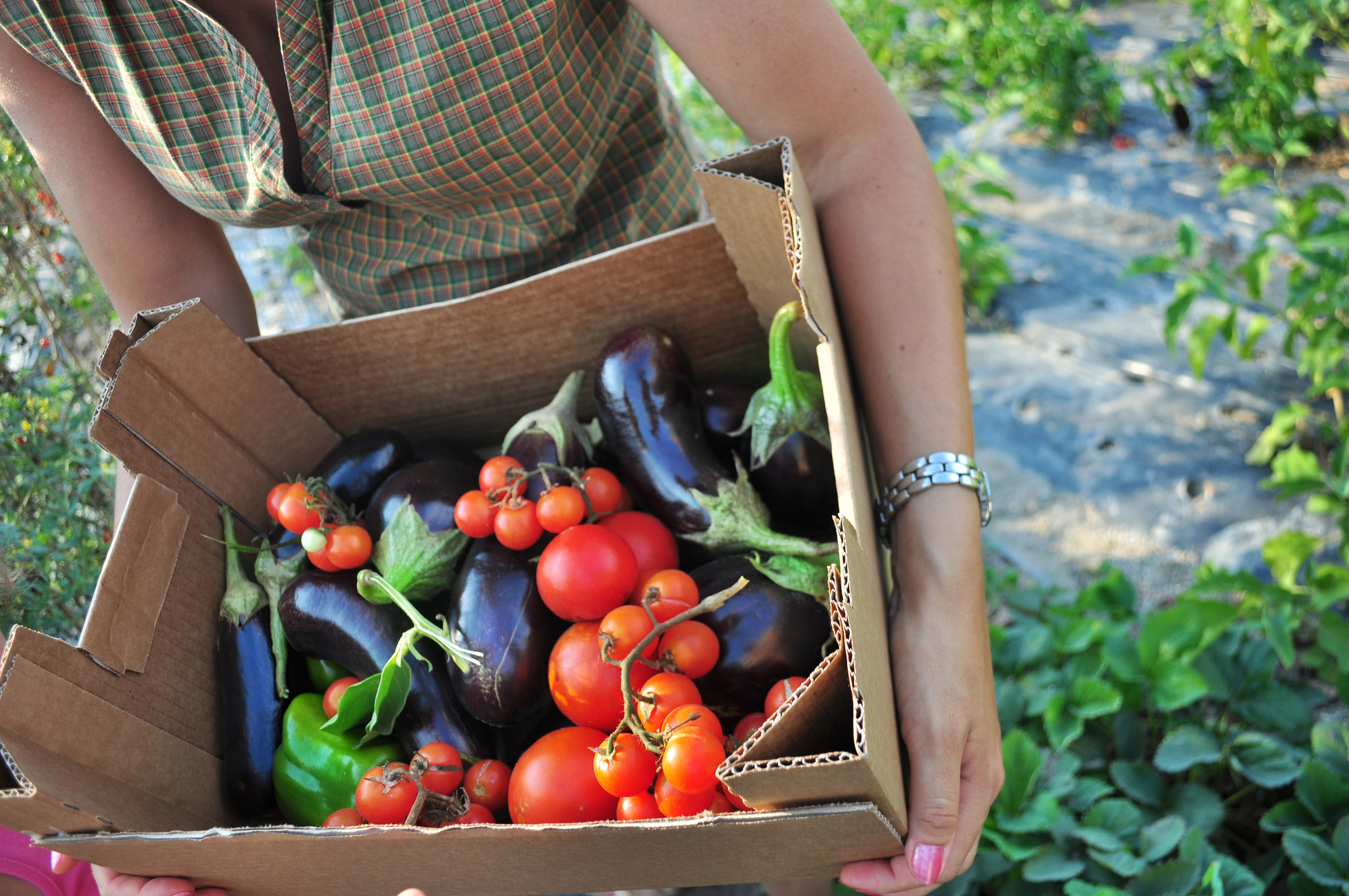
The best way to eat an anti-inflammatory diet is to concentrate on getting plenty of fresh fruits and vegetables when they are in season, which means they are at their highest nutritional peak and can deliver the most nutritional value. Aim for two to three servings of fruit each day and four to five servings of vegetables. Enjoy a veggie omelette for breakfast with a fruit smoothie, pile on the veggies at lunch in a salad, and steam a heaping pile of broccoli to go with dinner.
Add Anti-Inflammatory Supplements To The Diet
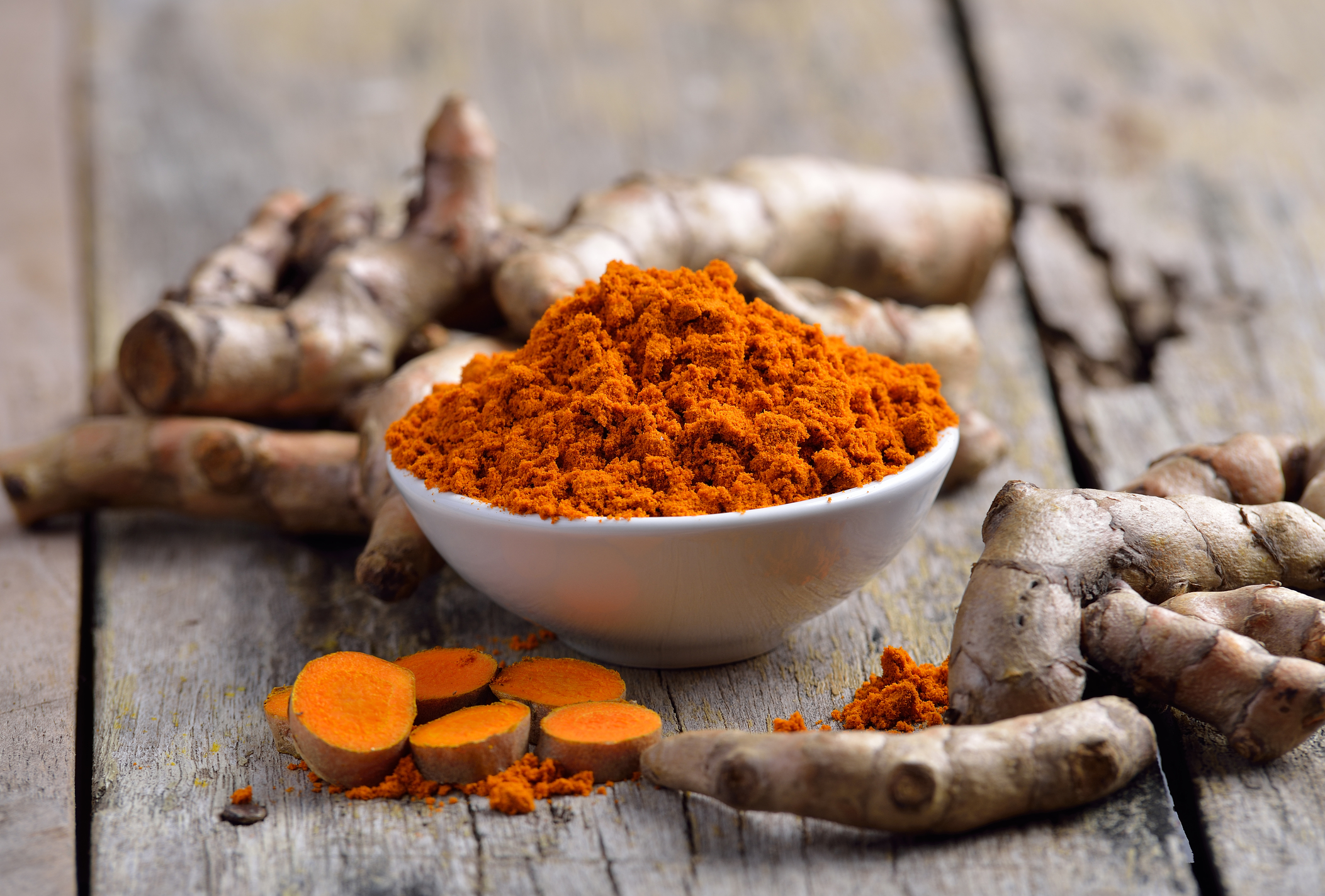
Supplementing with anti-inflammatory supplements, such as turmeric, bromelain, and omega-3 fatty acids, may help combat the immune response. Turmeric is an Indian spice that has been shown to be one of the most potent anti-inflammatory herbs on the market. Look for a brand that contains ninety-five percent curcuminoids and black pepper for optimal absorption. In addition, look for a fish oil supplement that comes from wild-caught fish. Bromelain occurs naturally in pineapple and can be eaten fresh or taken as a supplement.
Drink Lots Of Water

Dehydrated skin is more likely to develop dry, itchy patches. Hydration is not only good for the skin but also flushes toxins out of the body where they cannot accumulate in the skin. Aim for eight glasses of water a day. Carry a water bottle around so it is handy at all times. Drinking a full glass of water before each meal should help curb cravings and aid in the digestive process. Be sure to sip water on hot days or during exercise.
Supplement With A Multivitamin

With all the stressors and inflammatory stimulants in today’s society, many health experts recommend taking a multivitamin to supplement the diet. Look for one that is a whole-food, plant-based vitamin because synthetic vitamins are not absorbed into the body as well. Probiotics are a good way to improve digestive health, which ultimately aids in skin health through proper nutrient absorption. When the gut is not working properly, no bodily systems can. This is particularly true for any autoimmune condition, such as psoriasis.
Go Easy On Caffeine And Alcohol

Caffeine and alcohol dehydrate the body, which can lead to skin problems. Alcohol is especially inflammatory, and coffee drinks full of sugar can be too. Try to drink one glass of water for each caffeinated or alcoholic beverage. Or find healthier alternatives, such as herbal tea, iced tea, or water to sip on during the day. Most people find that water is just as energizing as caffeine as hydration plays a large role in maintaining energy levels.
